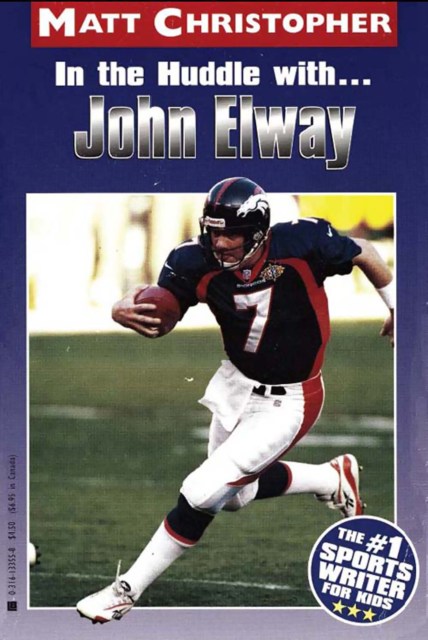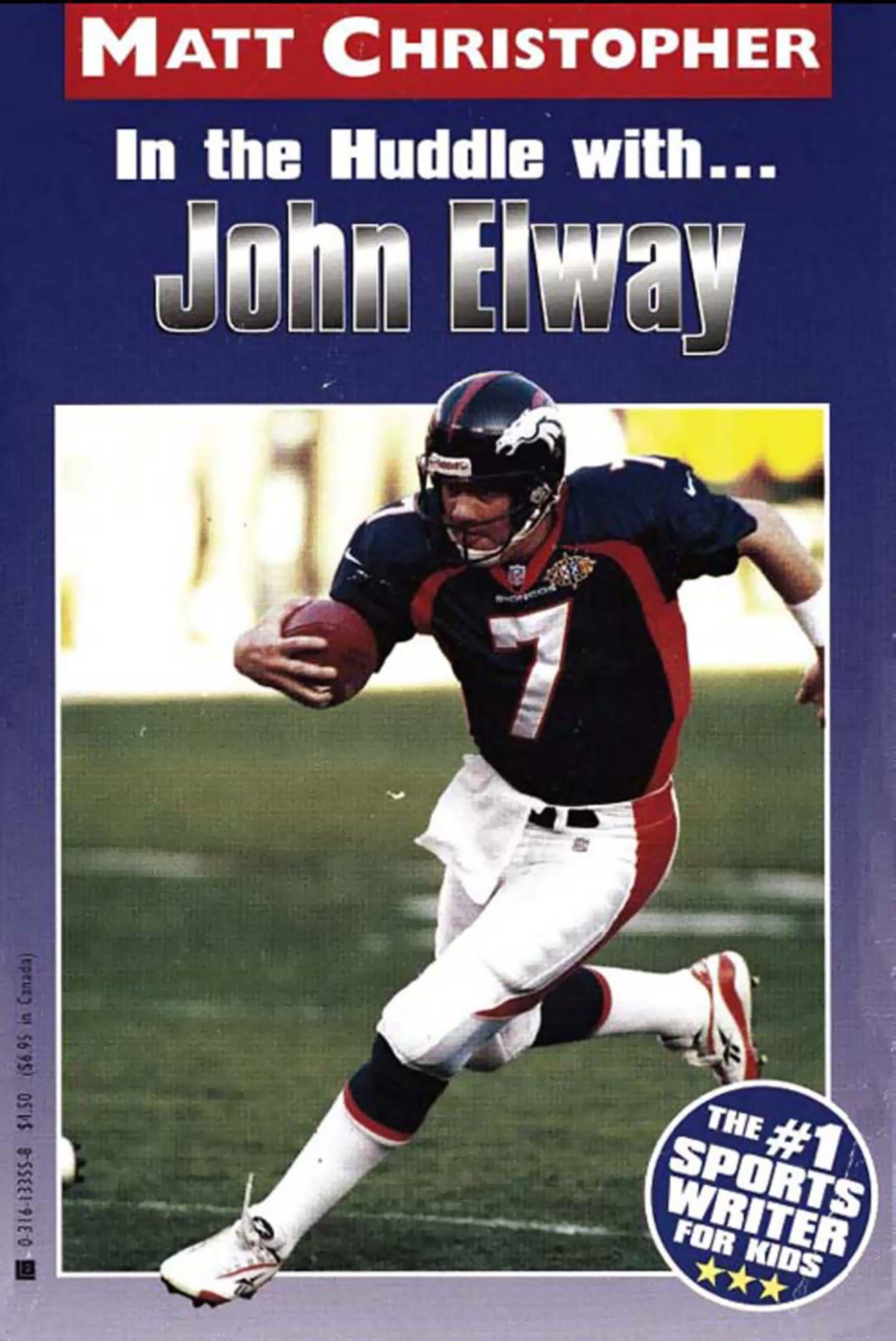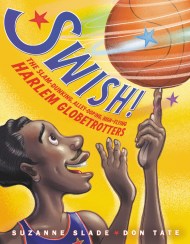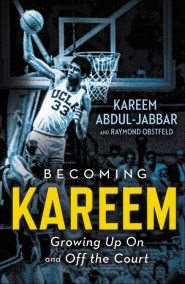Promotion
Use code MOM24 for 20% off site wide + free shipping over $45
In the Huddle with... John Elway
Contributors
Illustrated by The #1 Sports Writer for Kids
Formats and Prices
Price
$4.99Price
$6.99 CADFormat
Format:
ebook (Digital original) $4.99 $6.99 CADThis item is a preorder. Your payment method will be charged immediately, and the product is expected to ship on or around December 19, 2009. This date is subject to change due to shipping delays beyond our control.
Also available from:
Genre:
- On Sale
- Dec 19, 2009
- Page Count
- 128 pages
- Publisher
- Little, Brown Books for Young Readers
- ISBN-13
- 9780316095242
Newsletter Signup
By clicking ‘Sign Up,’ I acknowledge that I have read and agree to Hachette Book Group’s Privacy Policy and Terms of Use







